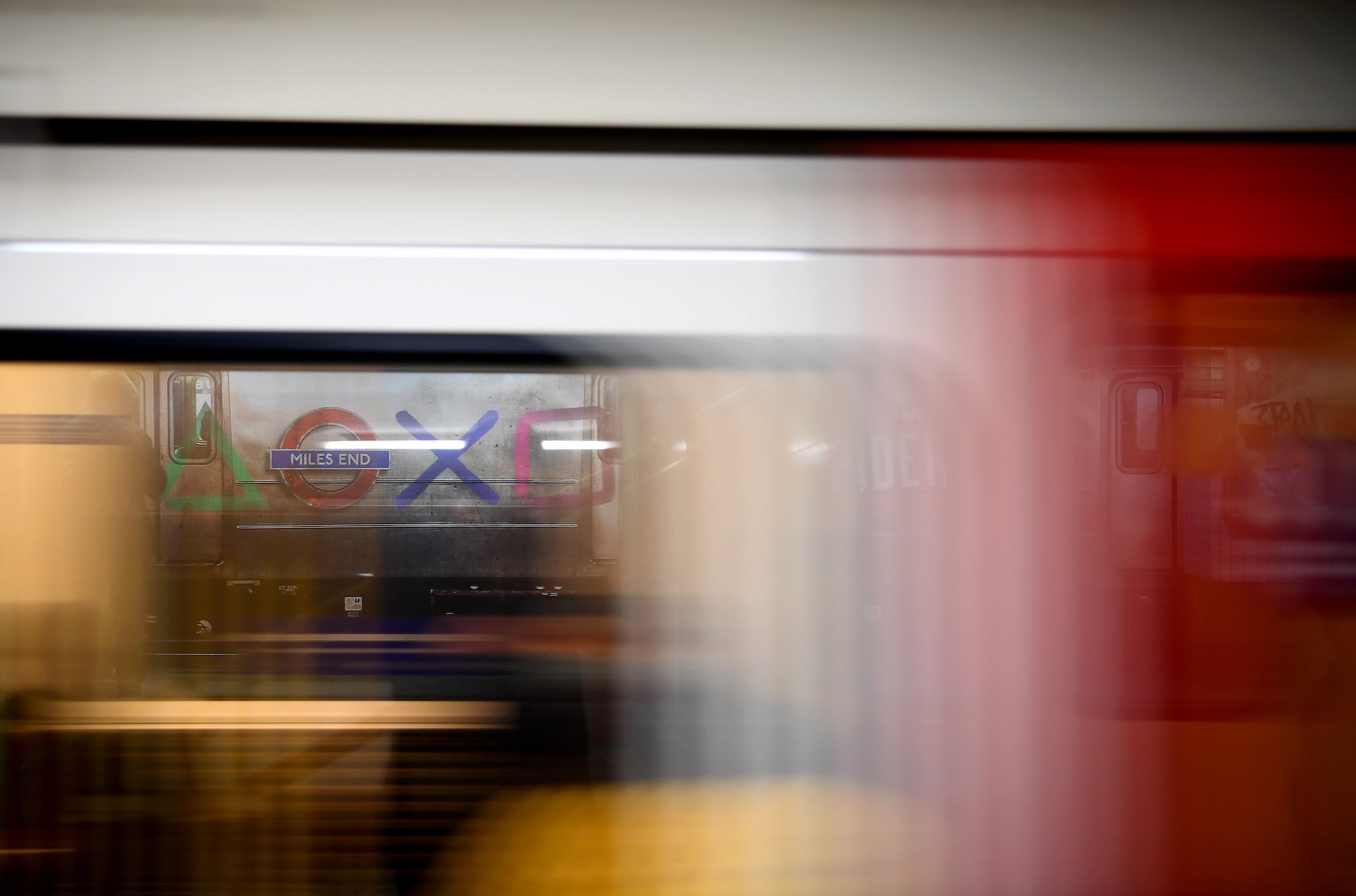Why is the PS5 out of stock?

It began, arguably, with some cat food.
Perhaps it began weeks before, when PlayStation opened the pre-orders for the new PS5 without any warning, forcing the company to apologise. “Let’s be honest: PS5 preorders could have been a lot smoother,” it admitted last September, in an attempt to apologise to upset fans that has not stopped being relevant.
Or perhaps it began some time after the release date on November 19, on one of the many days when PS5 stock arrived and then sold out again almost instantly.
But at the very least the cat food – or the grills, or sticky tape, or various other objects that were shipped to customers on the PS5’s release date, instead of the console that had presumably been stolen at some point during the delivery – seemed like the perfect illustration of the problems that have hit PlayStation fans in the months since. Fans were left without the consoles they wanted, and with the sense that something fishy was going on.
Whenever it was, at some point in recent months it has become clear to the many fans who want a PlayStation 5 that getting hold of one will probably not be as simple as paying the £350 or £450 price tag and picking one up from a shop.
Unexpected demand, problems with coronavirus and lockdowns, resellers and a host of other problems have meant that the PlayStation 5 has been the source of as much frustration as it has been fun.
Recently, in Japan, that frustration was visible physically as a rush to buy the console ended in a riot. But for the most part those queues and rushes are largely virtual, hosted on online retailers websites, which are regularly knocked offline by even the rumour of a restock of the console.
(The Xbox Series X is just as definitively sold-out, but doesn’t seem to be provoking as much interest. Google searches for PS5 have consistently been at least five times those for the Xbox Series X since launch, according to the search engine’s public tools.)
For a long time, it was not clear exactly why there were so few consoles around for customers to buy. Soon after the release, Sony Interactive Entertainment chief executive Jim Ryan gave comments to Russian news agency TASS that suggested the issue was with the vast amounts of demand.
““Everything is sold. Absolutely everything is sold,” Mr Ryan said in November.
“I’ve spent much of the last year trying to be sure that we can generate enough demand for the product. And now in terms of my executive bandwidth I’m spending a lot more time on trying to increase supply to meet that demand.”
In the same interview, he suggested that the problems were not related to the pandemic, at least not in terms of not being able to supply enough consoles. “We might have had a few more to sell, but not very many: the guys on the production/manufacturing side have worked miracles,” he said.
(Other consoles did have issues related to the outbreak. Nintendo, whose Switch has been available for almost four years, said early last year that it had faced issues getting hold of components from China, but that those problems were getting fixed by the summer.)
If the pandemic did not limit production too much, however, it almost certainly increased demand and made whatever PlayStations there were harder to buy. Neither PlayStation or Xbox have given a firm indication that is the case, but analysts suggest that people stuck at home gaming have led to record profits for both hardware and software – and Sony gestured at the increased interest in a Twitter post soon after the launch in November.
“We want to thank gamers everywhere for making the PS5 launch our biggest console launch ever. Demand for PS5 is unprecedented, so we wanted to confirm that more PS5 inventory will be coming to retailers before the end of the year - please stay in touch with your local retailers.”
It is hard to know how many people are trying to buy the console, or how that compares with one that isn’t so new, precisely because of the limited supply. Unlike Microsoft, Sony is fairly transparent about how many PlayStations it sells – it reported that it had sold 4.5 million by the end of 2020 in its recent results – but it is impossible to definitively say how many more people want one, given that every PS5 it makes is sold.
But in those same results, Sony gave an indication of what the problems might be. It blamed an issue with semiconductors – a problem stemming from Trump’s trade war as well as the pandemic that has also hit carmakers and others who rely on semiconductors, leaving them fighting for relatively limited capacity.
“It is difficult for us to increase production of the PS5 amid the shortage of semiconductors and other components,” Sony’s chief financial officer Hiroki Totoki said as the results were released.
“We have not been able to fully meet the high level of demand from customers [but] we continue to do everything in our power to ship as many units as possible to customers who are waiting for a PS5.”
Much of the frustration for players, however, has not just focused on how few consoles there are – but how difficult those that remain are to actually buy. As such, bots and resellers have come to be vilified by those who are keen to buy the consoles.
Even participating in a sale is difficult enough. A whole industry of restock update accounts have popped up on Twitter and other platforms, watching for clues that might indicate a new set of consoles is arriving at a retailer, attempting to get around the fact that stock arrives at unpredictable times and without warning.
When the consoles do arrive – which often happens in the middle of the night – there is a rush that often takes down the whole retailers’ website. That means that would-be players will be left waiting for hours as they struggle with technical issues and loading pages, often before finding out there are no consoles left to buy.
Because of the rush to buy the consoles, developers have created a number of tools that are automatically able to spot a restock and buy as many consoles as possible, usually before any human would be aware of the sale, let alone able to load up and click through a website.
Many of those automatically bought consoles then go on to resellers, who take advantage of the demand for the PS5 by selling it on at inflated prices on the grey market. Ebay and other sites are host to PlayStation 5s being offered considerably above their retail price, by people who had presumably been able to use automated systems to beat the rush.
Many retailers have attempted to add their own automated systems to beat those deployed by retailers. They range from the highly technical, in the form of their own bots that can spot fellow automated tools and kick them off the website, to more conventional systems such as only allowing limited numbers of purchases to one address or requiring that consoles are collected in person.
It is not clear whether that is working in part because it is not clear how big the problem of bots and resellers is: the consoles are in such demand that they will sell out quickly, whatever the ratio of bots to humans.
The resellers, for their part, have argued that they are the same as any other store, and are being unfairly attacked. “There seems to be A LOT of bad press on this incredibly valuable industry and I do not feel that it is justified, all we are acting as is a middleman for limited quantity items,” one, identifying themselves as Jordan, reportedly told Forbes.
Join our commenting forum
Join thought-provoking conversations, follow other Independent readers and see their replies
Comments

Bookmark popover
Removed from bookmarks